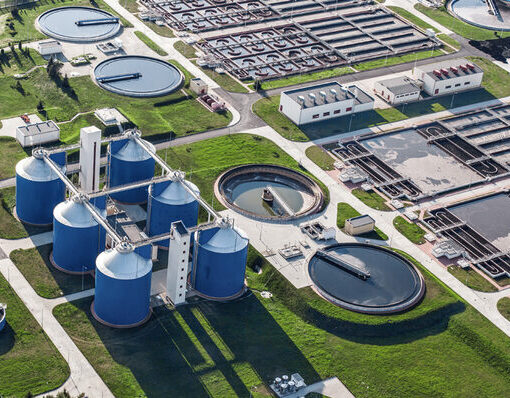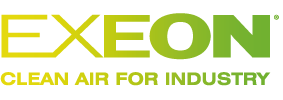Air pollution control systems
Air pollution is defined as the contamination of the indoor or outdoor environment by any chemical, physical or biological agent that modifies the natural characteristics of the atmosphere. It may be relatively harmless or could be dangerous leading to serious long-term health consequences. It has a range of potential causes, such as household fires, motor vehicles and industrial facilities.
Historically, the principal air pollution problem in the UK has been high levels of smoke and sulphur dioxide emitted following the combustion of sulphur-containing fossil fuels, such as coals, used for both commercial and domestic purposes.
While industrial air pollution is now secondary to air pollution caused by motor vehicles, it can still represent a significant problem in some industries.

Controlling industrial emissions
Local authorities and the Environment Agency regulate a range of industrial processes which emit or have the potential to emit certain pollutants. The regulatory regime is known as environmental permitting, and each facility will be required to hold a permit which stipulates what they can emit, the maximum concentrations they may emit and the controls that must be put in place to limit emissions.
Environmental permits are required by any business whose activities could lead to the pollution of air, water or land. This includes a wide range of processes and activities including petrol service stations, vehicle refinishers, foundries, brick crushing businesses, surface coating and treatment, car manufacturing plants and manufacturers of timber and rubber products.
Effective air pollution control systems
A range of air pollution control systems have been developed to suit different settings and requirements. There is no one size fits all solution and air pollution control systems will usually be designed with the unique requirements of the installation and the particular processes being carried out in mind.
Methods used to control air pollution on an industrial site might include activated carbon treatment, wet scrubbers and biofilters. Each of these methods is proven to reduce pollutant levels and each has its own particular advantages.
Expert advice, innovative designs and practical solutions
If you operate any kind of industrial or commercial process that could emit pollutants, then an effective air pollution control system is essential. Failure to properly control the emissions from your site could result in action being taken against your business by the regulatory authorities and may lead to financial penalties.
At Exeon, we work with industrial clients to ensure that they are fully compliant with their environmental and regulatory requirements. Using innovative design, we create air pollution control systems that tackle the problem head-on, effectively reducing emissions and protecting the health of employees and local residents, as well as the local environment.
We can provide expert advice about the type of control system that is likely to deliver the best results for your particular processes.
Call 01462 410010 or contact us online to find out more.
